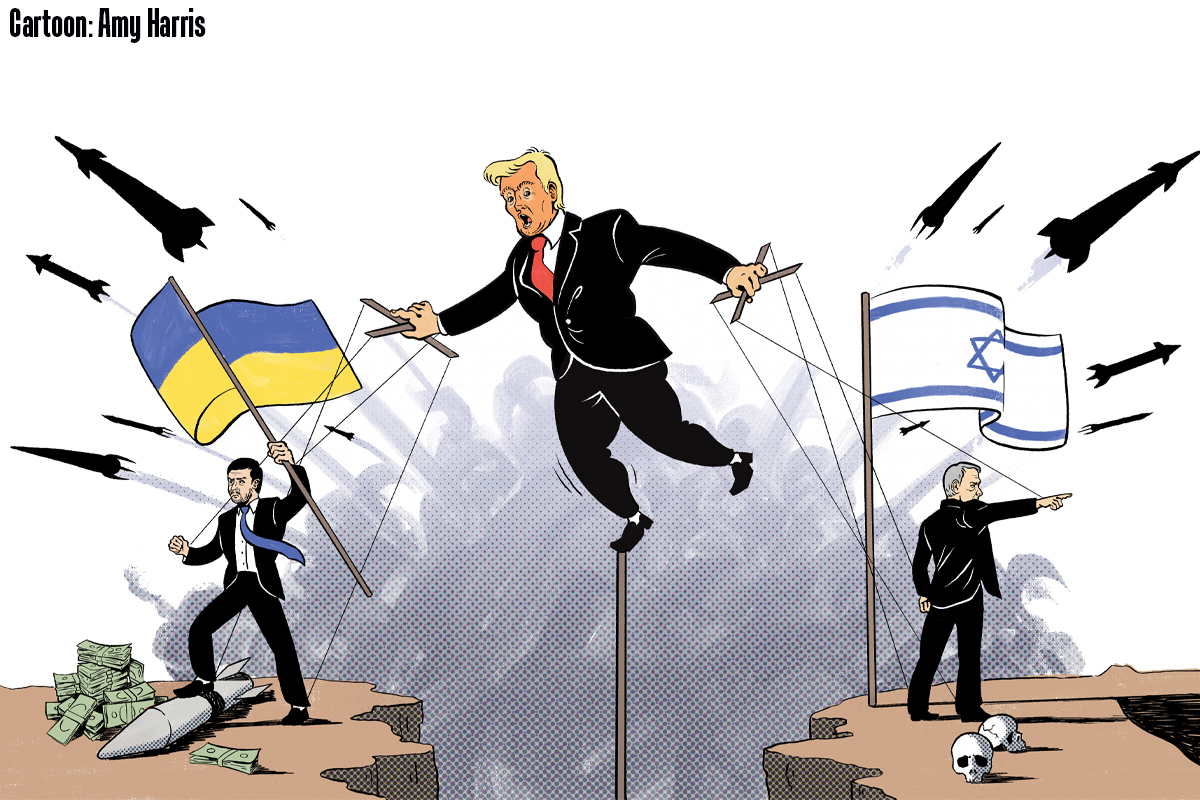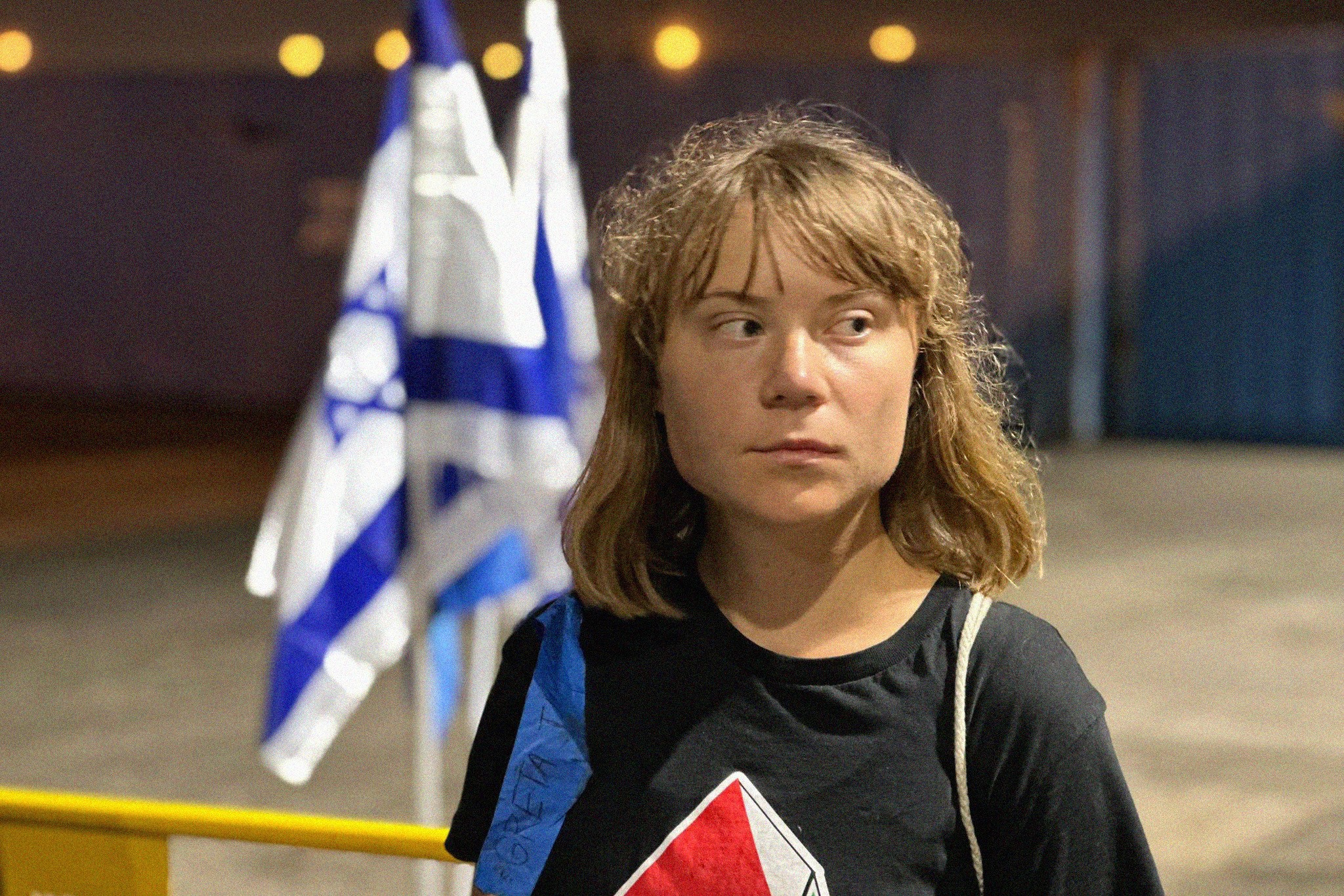On April 12th, around 70 people
gathered at a Hands Off Venezuela meeting at Bolivar Hall in London to
commemorate the 10 year anniversary of the defeat of the
counter-revolutionary coup against Hugo Chavez, President of Venezuela.
The meeting served as the premiere of ‘Cuarto Poder’, a documentary
summarising the negative portrayal of the President Chavez in the
Spanish media and the reasons for this negative bias.
On April 12th, around 70 people
gathered at a Hands Off Venezuela meeting at Bolivar Hall in London to
commemorate the 10 year anniversary of the defeat of the
counter-revolutionary coup against Hugo Chavez, President of Venezuela.
The meeting served as the premiere of ‘Cuarto Poder’, a documentary
summarising the negative portrayal of the President Chavez in the
Spanish media and the reasons for this negative bias.
The screening of the documentary was followed by analysis John
McDonnell MP and HOV honorary president of the campaign, Alan Woods,
founder of HOV and Samuel Moncada the Venezuela Ambassador to the UK.
Alan Woods, John McDonnell MP, Rob Sewell and Samuel Moncada (Venezuelan ambassador)
The documentary very effectively shows the influence of the Spanish
media. It started by showing passers-by in an urban Spanish street
taking part in a random select survey where they are quizzed on their
opinion of the validity of available media, their knowledge of state
leaders’ names and then their opinions of Hugo Chavez. Opinions on
available media tended to be cynical, knowledge of state leaders varied
but in all cases, Hugo Chavez was named as the Venezuelan President
(even when Sarkozy, Cameron or Berlusconi could not be named) and the
attitude of those interviewed ranged from ridicule to hostility.
It went on to interview a large group of professionals on the private
ownership of media outlets, its use to miss-inform and of blatant lies
to the Spanish public. It goes on to show not only the influence of the
state propaganda in the media but also that of private companies. Since
2002 the Spanish media outlets have increased by approximately 200 new
outlets as the ownership of these has decreased by 35%. These companies
vary from insurance/banks to oil giants and weapon manufacturers who
then use the media influence the public view in their favour.
The analysis of the media’s portrayal of Chavez was first carried out
by John McDonnell MP who spoke of the use of the media as propaganda
weapon against the Bolivarian revolution. Rupert Murdoch’s involvement
in this was emphasised, in his oppression of his employee’s roles as
free press journalists. Union membership within Murdoch’s empire has
been aggressively discouraged with the formation of staff associations
set up to assure that journalists tow the “Murdoch line”. It was also
mentioned that around 250 journalists throughout the world a year are
murdered mostly due to their commitment to honesty and free press that
tragically for them had not served in favour of the more ruthless and
corrupt bourgeois.

A personal account of the coup was then given by Samuel Moncada, the
current Venezuelan Ambassador to the UK who at the time had an important
cabinet position in the Venezuelan government. Within this analysis, he
talked of the foreign support for the overthrow of the democratically
elected Chavez and the replacement with someone more aligned with the
ideological views of European and American imperialists. Foreign
financial support has been high for the private sector media in
Venezuela. Last year alone, $50 million was invested in this and 80% of
Venezuelan media is still privately owned, with the overwhelming
majority of it firmly opposed to Chavez. It was made very clear that the
global bourgeoisie would happily overthrow a democratically elected
government that went against their economic interests to be replaced by a
dictator that they could easy control.
Alan Woods then gave a vivid summary of the history leading up to the
coup and the coup itself. Within this he described the vital role of
the masses of working class Venezuelans in defeating the coup. “These
events are unprecedented in the history of Latin America, he said.”They
show that there is a power in society that is greater than any state,
army or police force: the power of the working class once it is
mobilised to change society”.
Answering the hypocritical propaganda of the western media, he
pointed out that if any British television station had repeatedly called
for the government to be overthrown by a coup and the prime minister
assassinated, “they would be closed down and sent to jail before you
could say ‘Rupert Murdoch’”. Yet when the Bolivarian government finally
took action against RCTV this was described as an “attack on press
freedom.”
Alan praised the achievements of the Bolivarian Revolution but
stressed that the only way to defend its gains against the
counterrevolution was by liquidating the economic power of the
oligarchy, expropriating the land, banks and big companies. While
emphasising the need to step up the solidarity campaign in the run-up to
the October elections, he ended with the following message: the best
way to defend the Venezuelan Revolution was to fight for socialism in
Britain.
The meeting ran well over its appointed finishing time due to the
discussion and questions asked by the audience who were clearly very
interested in the past, present and future of the Venezuelan Revolution
and in the on-going struggle. We left with a very clear view of how the
media is being used as a weapon by the ruling class to deceive the
working masses, and with a determination to step up the campaign in
defence of the Venezuelan Revolution and to fight for socialism.






